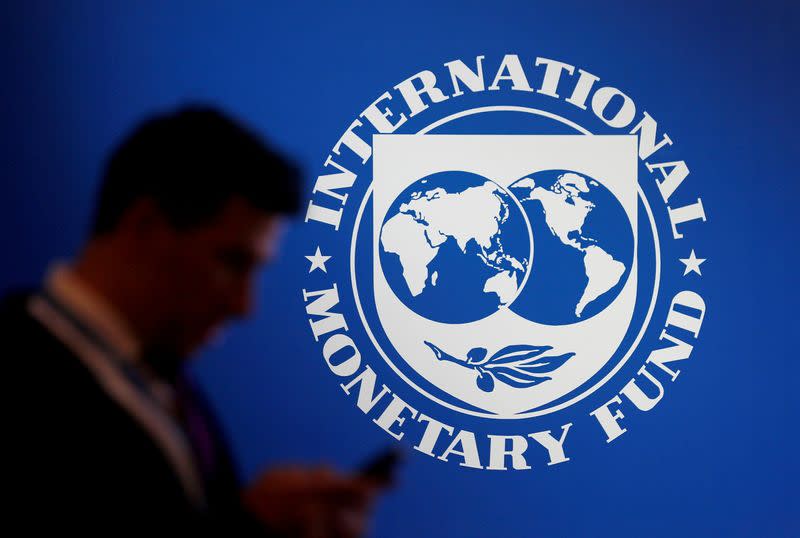Ivory Coast on Tuesday demanded the release of 49 of its soldiers arrested in Mali, an incident that may worsen tensions between Mali’s military rulers and other West African nations amid efforts to quell an Islamist insurgency and restore democratic rule.
The Ivorian soldiers were arrested on Sunday at Mali’s main international airport in the capital Bamako.
Mali’s military government said the troops arrived without permission, that some of their passports indicated non-military professions, and that they gave differing versions of their mandate.
The junta said the soldiers would be considered mercenaries and charged as such, adding that Ivorian authorities were unaware of their arrival.
But Ivory Coast said on Tuesday the soldiers were deployed as part of a security and logistics support contract signed with the United Nations peacekeeping mission in Mali in July 2019, and it demanded their immediate release.
They were the eighth rotation sent to Mali under the convention and their mission order had been sent to both airport authorities and the junta before arrival, Ivory Coast’s national security council said in a statement.
The spokesman for the U.N. peacekeeping mission in Mali, Olivier Salgado, confirmed this information on Twitter.
Ivory Coast added that none of the soldiers carried arms or war munitions as they disembarked, but that a second plane contained arms for self-protection authorised by the United Nations.
Malian authorities did not immediately respond to a Reuters request for comment.
Interim President, Colonel Assimi Goita said on Twitter that he had spoken by telephone with U.N. Secretary-General Antonio Guterres and reiterated the importance of partner nations respecting Mali’s sovereignty.
The country is struggling to reign in an Islamist insurgency, which took root after an uprising and a coup in 2012 and has since spread to neighbouring countries, killing thousands and displacing millions across West Africa’s Sahel region and coastal states.
The military junta ruling Mali since August 2020 has been at odds with regional and international neighbours for failing to hold promised elections and delaying the return to constitutional rule.


